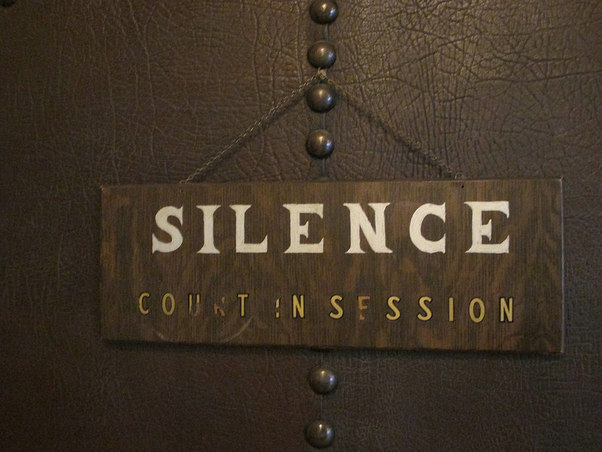I’ve just had another taste of it myself, and I’m miffed. Someone with an agenda has borne false witness against me.
In my flesh, I want to meet my accuser and defend myself; in my worst moments, I want to strike back. But is that the right thing to do, by God’s standards?
Of course it isn’t. At what was arguably the most critical point in His earthly life, Jesus met His enemies’ accusations with silence (Matthew 27:12-14). He who is our perfect model, “when He was reviled, did not revile in return; when He suffered, He did not threaten, but committed Himself to Him who judges righteously” (1 Peter 2:3).
And following the divine example of silence might be the easy part.
Consider what Jesus said, in the Sermon on the Mount, about dealing with our enemies: “Love your enemies, bless those who curse you, do good to those who hate you, and pray for those who spitefully use you and persecute you” (Matthew 5:44). And remember His prayer from the cross: “Father, forgive them, for they do not know what they do” (Luke 23:34).
An impossible standard for us humans to meet, of course, but one we must attempt to emulate if we want to point the lost to Him – which should of course be our most urgent goal.
As the great 19th century preacher Charles Spurgeon said, “If sinners will be damned, at least let them leap to Hell over our bodies. And if they will perish, let them perish with our arms about their knees, imploring them to stay. If Hell must be filled, at least let it be filled in the teeth of our exertions, and let not one go there unwarned and unprayed for.”

 RSS Feed
RSS Feed